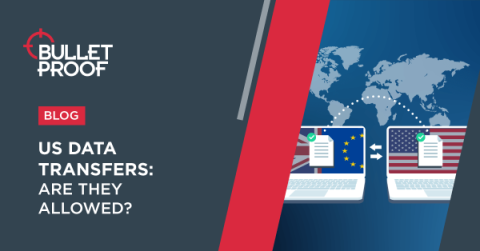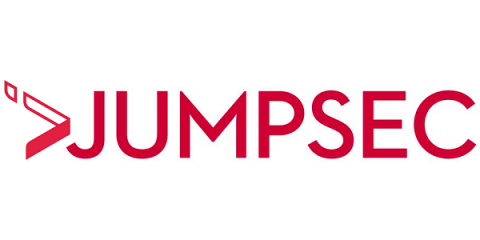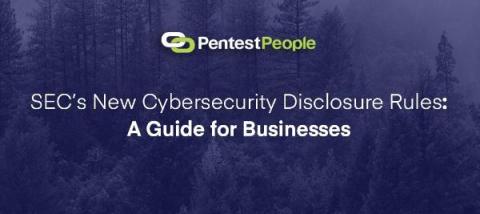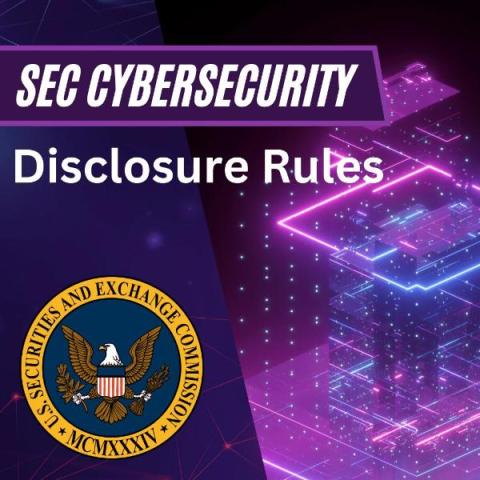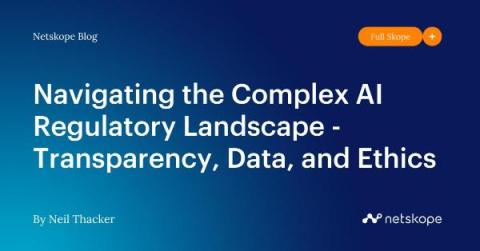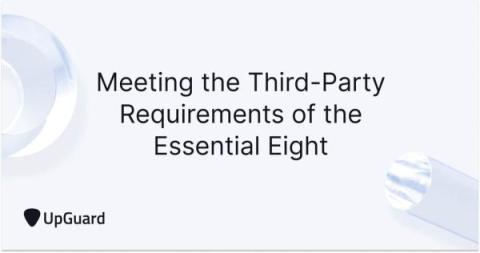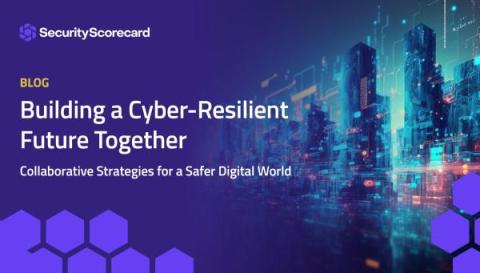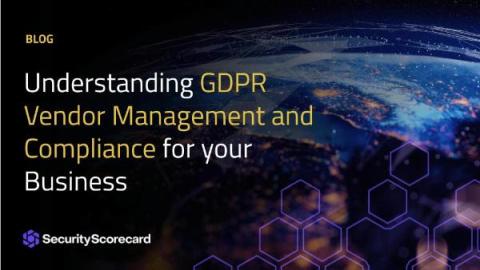US data transfers: are they allowed?
US data transfers... are they allowed? Well. Yes. It depends....it’s complicated. Let’s get stuck in and I’ll explain all. In July this year, the EU Commission made an adequacy decision for the new EU-US Data Privacy Framework (DPF). This can be seen as Safe Harbor 3.0. Essentially, in most scenarios, data transfers from the EU to the US are now permitted without the need for other mechanisms such as Standard Contractual Clauses (SCCs).


